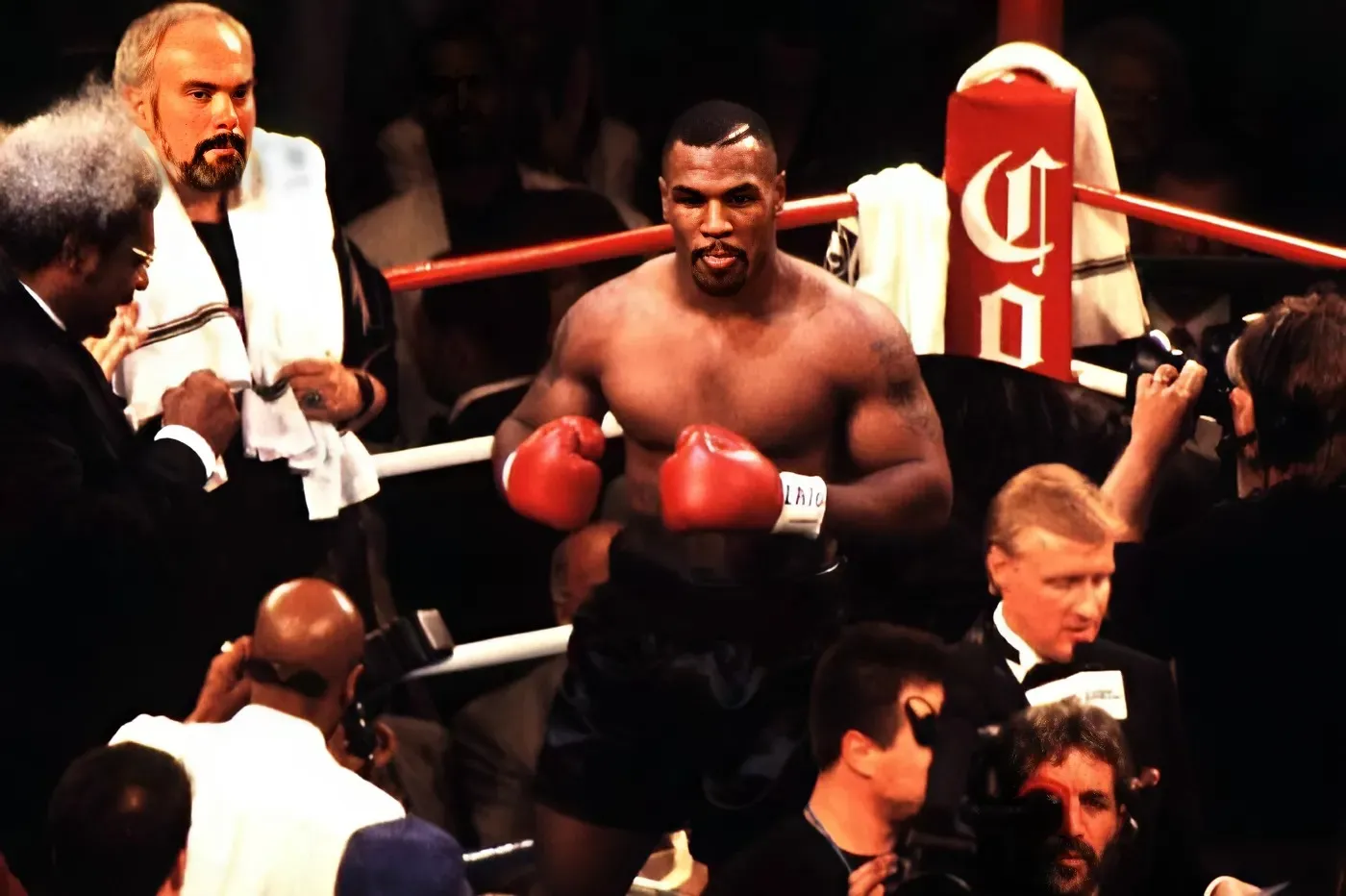
There's nothing quite like the joy and misery of watching a Muhammad Ali fight on replay. From his flawless win over Cleveland Williams to his tactically ingenious leans against the ropes in Zaire while absorbing the brunt of George Foreman’s sledgehammers, it's difficult to know that his faculties were slowly being eroded away, bit by bit, with every hit. Yet, for a man who wielded the power of lightning in his punches, Ali’s right hook paled in comparison to the raw power he possessed outside the ring. And today, in his hometown of Louisville, Kentucky, the world puts to rest a skinny boy who took up boxing over his stolen bicycle and eventually transformed into perhaps the greatest American athlete in history.
Muhammad was courageous first and a boxer second. From the bustling streets of New York City to villages in Congo to the homes of families in Iran—where my parents were born and raised and woke at 4 A.M. to watch his fights—Ali had legions of devoted followers. He was the greatest of all time, not so much because he was the heavyweight champion of the world, but because he was a person who refused to be anybody but himself. While guys like Michael Jordan and Roger Federer shifted their respective paradigms, Ali helped redefine what courage meant altogether—refusing to be conscripted to fight a war he didn't believe in, even if that meant being stripped of the heavyweight title and being banned from boxing in the prime of his career. He joked with the Beatles, boxed Superman, dined with global dignitaries, terrified opponents with his fists, drew humanity in with his smile, and today will be eulogized by the former leader of the free world, President Bill Clinton. A worthy life for anyone, let alone a black child raised in the Jim Crow era of Louisville, Kentucky.
For a young Iranian-American who grew up in a suburb of Columbus, Ohio, who was often confused about his place in an increasingly hostile post-9/11 world, the good nature Ali showed through his faith during times of racial uncertainly became a beacon of light and source of direction—a figure not unlike the prophet himself. He seemed to stand taller than his 6'3" frame, particularly in situations where his humanity was most challenged. That, to me, was greatness—bravery in the face of uncertainty. Muhammad Ali became a source of strength every time I was racially profiled, or flippantly called a terrorist. He made me want to show the world how good-natured, driven, and multidimensional an Iranian-American from Ohio really could be.
I've studied every single one of Muhammad Ali’s boxing matches, but I'm still none the better at the sport. But Ali didn't really teach us how to box, per se; his style will never be replicable. He taught us how to fight to exist. According to the late boxer’s daughter, while all of his organs had failed, Muhammad Ali’s heart would not stop beating for another 30 minutes. He was ever battling, till the end.
Ali wasn’t without complexity, either. He fought for racial equality and broke through the barrier of skin color while labeling Joe Frazier a gorilla and Uncle Tom; he strove to be a devout Muslim, yet practiced adultery for many years. And despite this, he was bestowed with so much public responsibility in America, and was so beloved around the world. His life will remain the most fascinating snapshot of 20th-century America. Ali had difficulty reading above an elementary school level, yet he spoke in multitudes. He was sharp in a way no IQ test could ever measure. Which is all to say, Muhammad Ali invented himself out of nothing. Tell me, what can be more American than that?
-1737343662-q80.webp)


